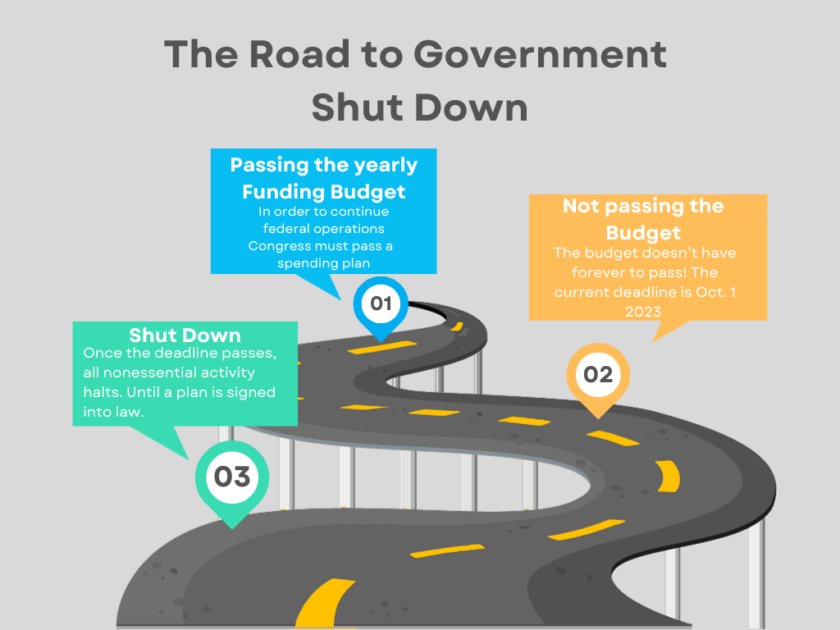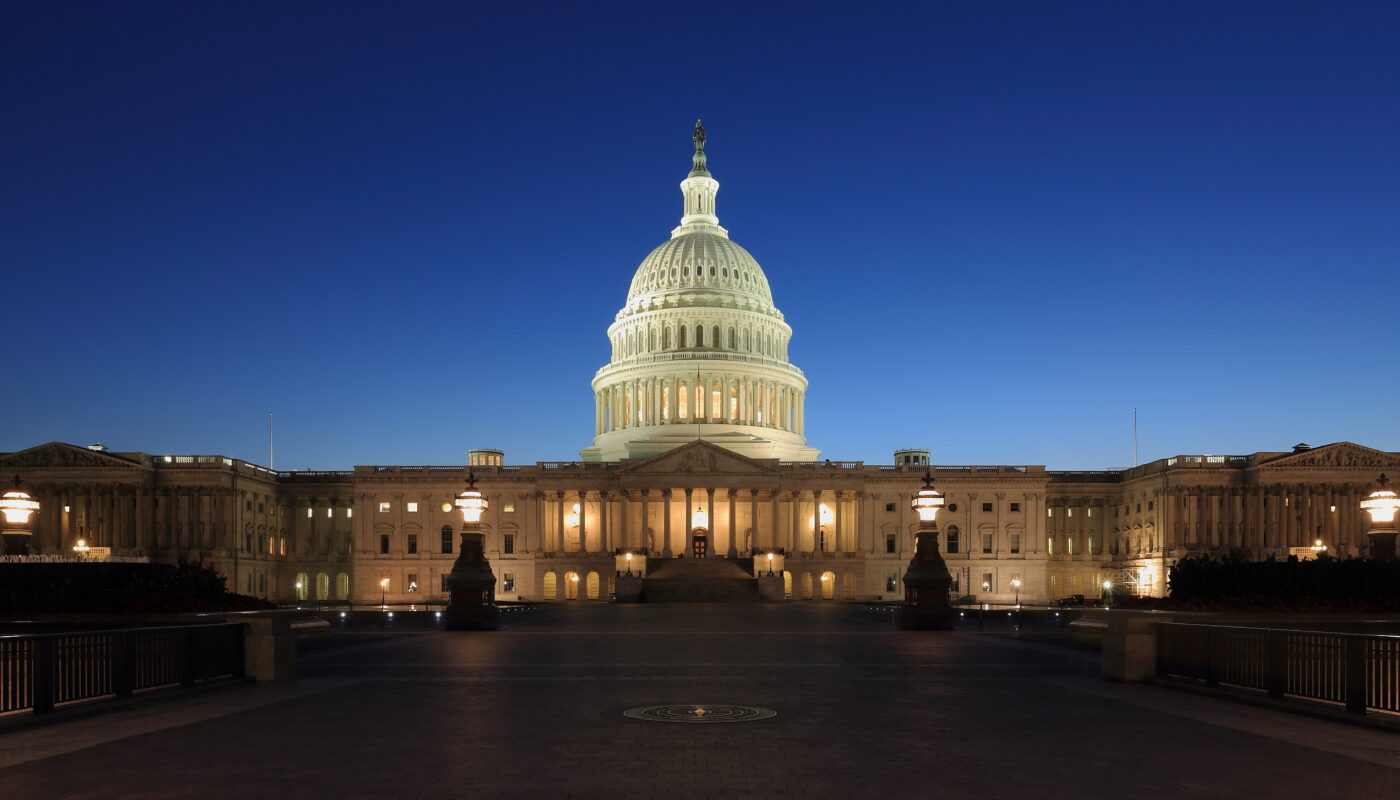The government is set to shut down on Oct. 1, 2023 and congressional members have yet to pass a spending plan for the next fiscal year. For some, this is exciting news.
A government shutdown occurs when Congress fails to pass the 12 annual spending bills which fund the government and its activities. During a shutdown, federal agencies are forced to suspend all non essential functions until a time when Congress passes a new spending plan into law. All essential services and spending remain in operation.
While CBS News reports that Republicans have introduced four of the 12 spending bills, it is unlikely they will pass. On Tuesday, the House is set to vote on the four bills which would cover the departments of Defense, Homeland Security, State and Agriculture.
The bills introduced by the House GOP adhere to the party line, however they will face challenges by the Senate and from members of the majority party.
The bills, as they stand, include several cuts to programs, which Senate Democrats vehemently oppose. Additionally, members of the hard right flank within the House, who previously caused a stir during the Speaker’s election, have threatened to vote against the bills.

The Washington Post reports that as it stands, the Speaker Kevin McCarthy has two options.
McCarthy’s first option is to push the Senate’s bipartisan continuing resolution, which is not in itself a budget but would pave the way for one. It would avoid a shutdown, as well as the drastic budget cuts some Republicans have called for. However, the speaker’s hard right flank would more probably than not vote to end McCarthy’s Speakership.
Using a Motion to Vacate, a speaker’s position may be called into question. A simple majority removes the speaker from power.
In order to ascend to his current position, Speaker McCarthy had to make concessions to the hard right flank of his party. This included preferential treatment in the selection of committee leadership, as well as guiding a number of their bills to the floor.
The speaker’s other choice moving forward would be to cut deals with the right flank. This would include the aforementioned spending cuts on government-funded programs. Doing so would continue to embolden the Speaker’s party rivals.
If an agreement is not reached by the Sunday deadline, the hard right stands to gain a significant amount of press. Successfully stonewalling the federal government’s funding would land them on the front page of every major news outlet with the entire country on edge.
For university students this news is unsurprising, but frustrating nonetheless.
Lauren Groves, a sophomore at the university feels “government shutdowns are useless” and shared hopes that “this will end soon.” Groves additionally cited concerns over the long term consequences of shut down.
First-year student Pippa Johnson agreed. Johnson said, “It would not be good if the government shut down.”
Also weighing in on the conversation was sophomore Kaitlyn Potts, who believes “it’s not fair to anyone outside of the government.” Potts felt that it was unjust of the government to consciously or unconsciously inflict a shutdown on the United States knowing the ramifications one can have.
Throughout the history of the United States, the government has shut down a total of 21 times. The most recent shut down in 2019 was the longest recorded shutdown lasting between December 2018 to January 2019.


